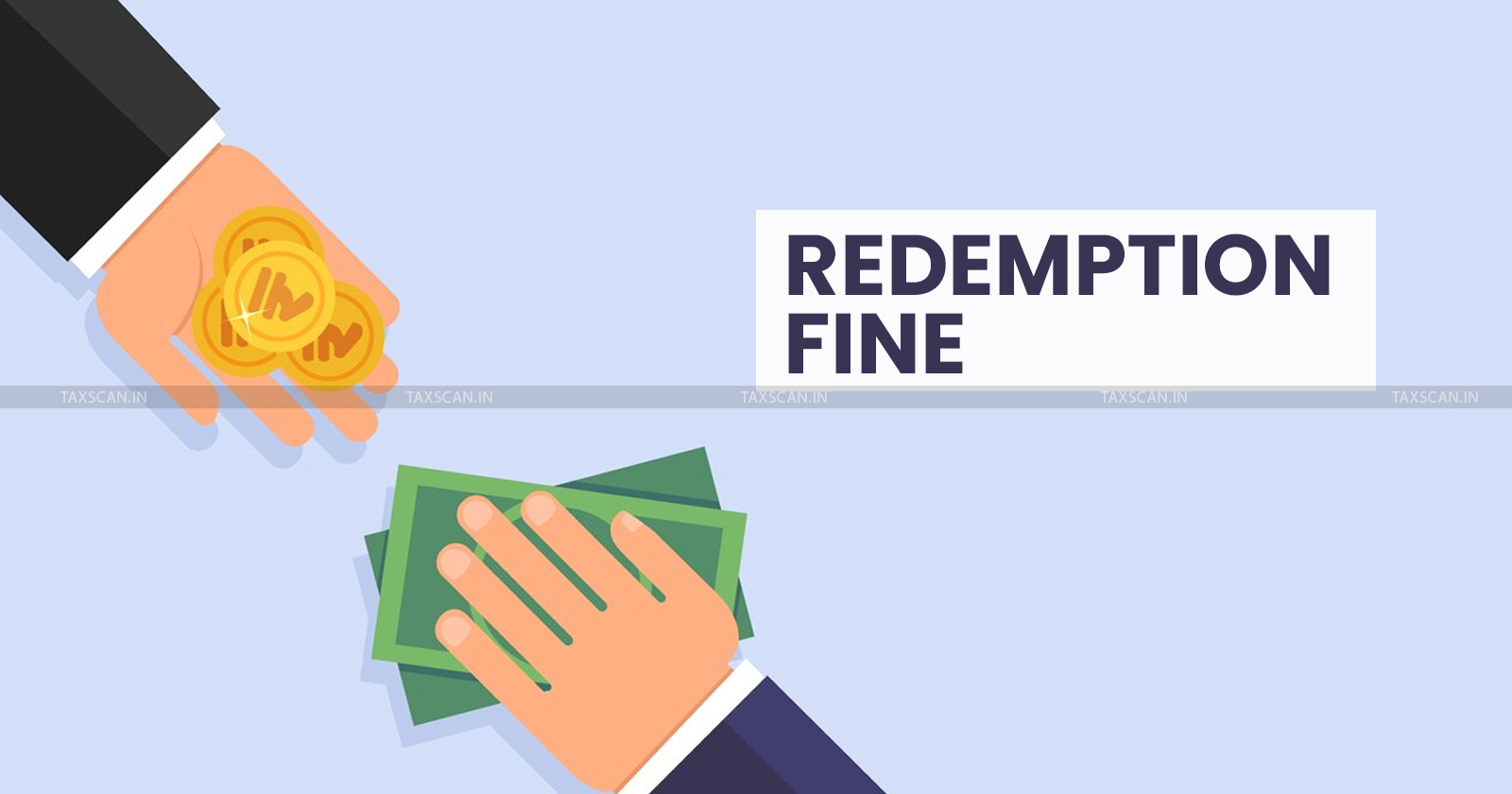Royalty Can’t Be Added to Import Value Without Proven Nexus and Sale Condition: CESTAT [Read Order]
CESTAT ruled that royalty payments cannot be added to import value unless both a clear nexus and a condition of sale are proven
![Royalty Can’t Be Added to Import Value Without Proven Nexus and Sale Condition: CESTAT [Read Order] Royalty Can’t Be Added to Import Value Without Proven Nexus and Sale Condition: CESTAT [Read Order]](https://images.taxscan.in/h-upload/2025/06/16/2045508-royalty-royalty-cant-be-added-to-import-value-taxscan.webp)
The Chennai Bench of the Customs, Excise, and Service Tax Appellate Tribunal (CESTAT) ruled that royalty payments cannot be added to the import value of goods unless both a clear connection (nexus) between the payment and the imported goods, and a condition of sale linking the two, are established.
Kamaz Motors Limited, formerly known as Kamaz Vectra Motors Ltd., had imported CKD (Completely Knocked Down) kits between September 2011 and February 2014 for the manufacture of KAMAZ trucks. The company paid a royalty of USD 450 per kit to OJSC Kamaz Inc., the brand owner, under a technology licence agreement allowing it to use the KAMAZ trademark and manufacturing know-how.
 Also Read:CESTAT Holds Assessee must Pay Redemption Fine for Seized Goods Missing from their custody [Read Order]
Also Read:CESTAT Holds Assessee must Pay Redemption Fine for Seized Goods Missing from their custody [Read Order]
The customs department took the view that the royalty payments should be included in the assessable value of the imported CKD kits. They argued that the importer, the supplier, and the brand owner were all part of the same group, and that the royalty was effectively a precondition for sale, making it dutiable under Rule 10(1)(c) and (e) of the Customs Valuation Rules, 2007. A show cause notice was issued, and the original authority confirmed the department's view by finalising the assessment with the royalty included in the value.
Your Ultimate Guide to GST in the Real Estate Sector! Click here
The appellant’s counsel argued that the royalty was not paid to the supplier of the goods, but to the brand owner for the right to use the technology and trademark. They argued that the royalty was unrelated to the price of the imported goods and was not a condition of sale. They also pointed out that the Special Valuation Branch (SVB) had previously examined the relationship between the parties and found no impact on pricing. The earlier SVB findings had been accepted by the department without challenge.
 Also Read:Service Tax Demand Can Be Based on Broadcaster Data If Cable Operator Suppresses Facts: CESTAT [Read Order]
Also Read:Service Tax Demand Can Be Based on Broadcaster Data If Cable Operator Suppresses Facts: CESTAT [Read Order]
The department’s counsel responded by arguing that the payment structure linked royalties directly to the quantity of CKD kits imported and that the importer could not continue importing without paying royalties. They insisted that this established both the required nexus and the condition of sale under Rule 10.
The two-member bench comprising Judicial Member P. Dinesha and Technical Member M. Ajit Kumar observed that the royalty was paid for using the brand and technology after import, not as part of the import transaction. They observed that the supplier of the goods was not even a party to the royalty agreement. The tribunal further observed that the department failed to prove that royalty payment was a precondition for importing the goods or that it influenced the price.
The tribunal referred to multiple Supreme Court and CESTAT rulings, including Ferodo India Pvt. Ltd. and Toyota Kirloskar Motors Ltd., to support the view that both a connection between the royalty and imported goods and a condition of sale must be clearly proven for such payments to be included in customs value.
Finding no such evidence in this case, the tribunal held that the inclusion of royalty in the assessable value was unjustified. The appeal was allowed, and the department’s order was set aside.
Support our journalism by subscribing to Taxscan premium. Follow us on Telegram for quick updates


